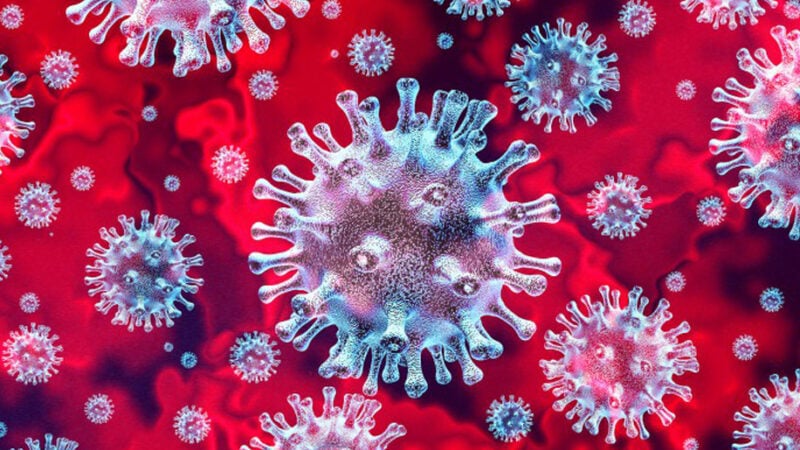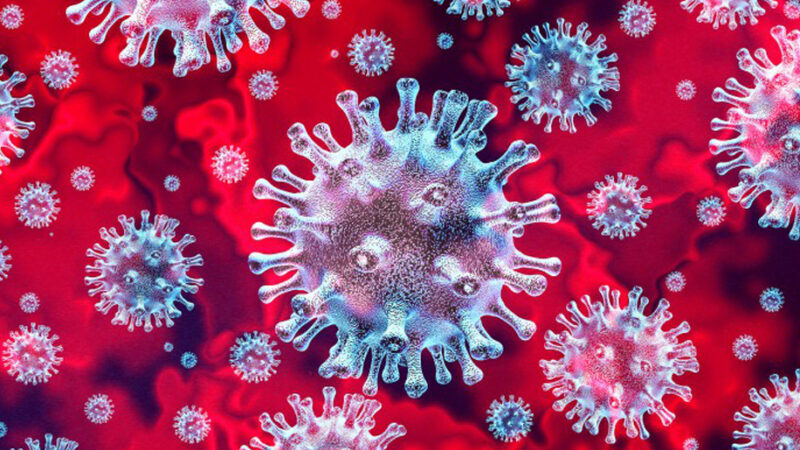New COVID Test Promises On-site Accuracy
University of Birmingham researchers say method can deliver PCR-level results in under 10 minutes
August 19, 2021


Researchers from the University of Birmingham in the UK have announced the development of a new test that can detect COVID-19 in under 10 minutes without being sent to a laboratory. In preliminary study, the new test – known as RTF-EXPAR – was found to be faster than and as accurate as polymerase chain reaction, or PCR, tests currently in use.
According to the researchers, the new test detected the presence of SARS-CoV-2 virus in nine out of 10 cases, about the same level of accuracy as the PCR that is considered the ‘gold standard’ for COVID-19 testing today.
“The analysis showed RTF-EXPAR’s sensitivity is equivalent to quantitative PCR testing, with a positive predictive value of 89 per cent, and a negative predictive value of 93 per cent,” said Professor Andrew Beggs, of the Institute of Cancer and Genomic Sciences at the university, who was involved in the study.
In addition, the RTF-EXPAR produced results faster than either the PCR method or the LAMP test. In a timed trial, RTF-EXPAR detected low levels of the virus in around 8 minutes and 45 seconds, while at high viral concentrations the detection time was just over three minutes.
By comparison, a PCR test over 42 minutes to detect the virus in a sample with the same viral load. However the reality is that results of a PCR test usually take a full day on average because the sample needs to be sent to a lab for analysis.
“An ideal test would be one that is both sufficiently sensitive and speedy – our test, called RTF-EXPAR, achieves this goal,” said Tim Dafforn, professor of biotechnology at the University of Birmingham’s School of Biosciences. “The simplicity and speed of this new test means that it is ideally suited to environments where a rapid answer is required close to need, like airports and entertainment venues.”
The test uses a process known as the exponential amplification reaction, or EXPAR, method to detect the virus. Along the way, University of Birmingham researchers found a way to speed up the time-consuming process of converting the virus’ RNA to DNA, and simplifying the process of ‘amplifying’ it to create a detectable sample.
The RTF-EXPAR test is carried out by a trained professional working with existing instrumentation in much the same way as current testing methods. A nose and throat swab sample inserted into a machine for analysis, producing results in a few minutes without the need for a laboratory.
PCR tests are widely recognized as the most reliable for detecting active COVID-19 infections, so are most widely accepted for travel. However the tests have recently come under fire, because of high costs and results that are unreported to government databases, rendering them useless for travelers.
While the exact cost of the RTF-EXPAR was not disclosed, Beggs said it should be “much cheaper” than laboratory-based tests. “The university has filed a patent application and is talking to commercial partners who would bring the test to market,” Beggs added. “We’d like to see it rolled out as soon as possible.”




